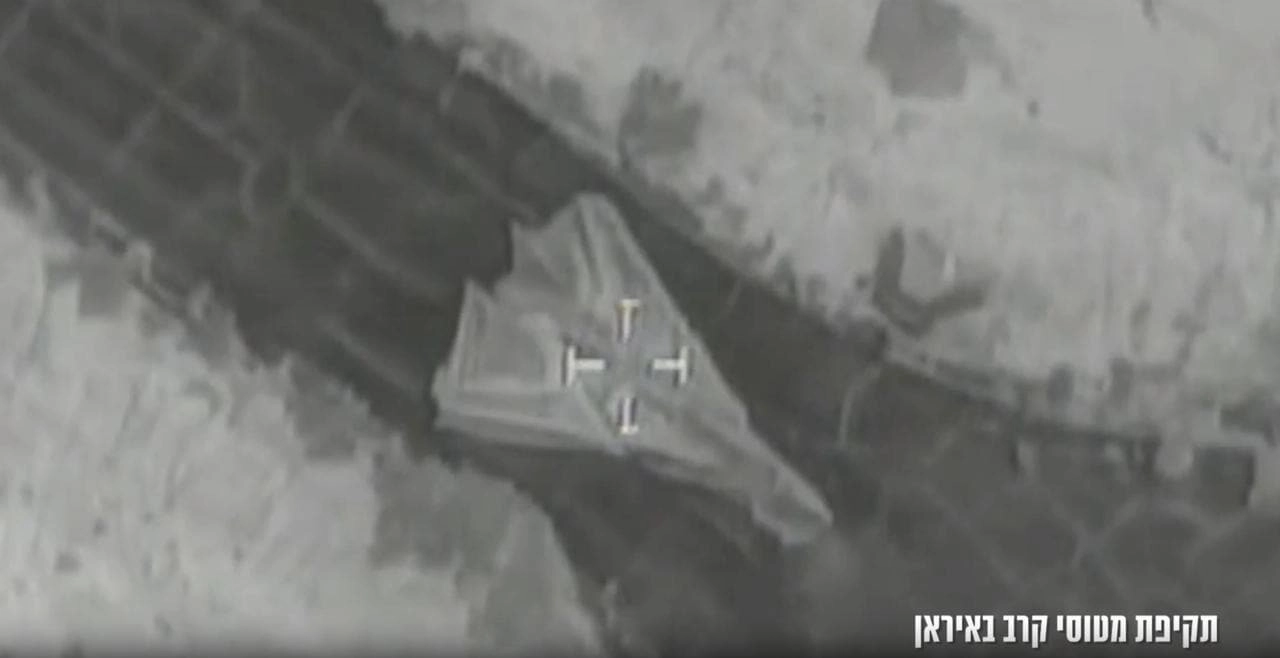In a significant escalation of military tensions in the Middle East, recent reports have surfaced indicating that Israel has conducted airstrikes targeting Iranian airfields. These strategic assaults reportedly resulted in the destruction of various military assets, including an F-14 jet and several missile storage facilities. The airstrikes reflect Israel’s ongoing concerns regarding Iran’s military capabilities and its potential threats to regional stability. This development is particularly alarming in the context of Iran’s expanding influence and its ongoing activities in Syria and other neighboring countries, where it has been accused of supporting militant groups opposed to Israel.
The precision of the Israeli airstrikes suggests a well-coordinated operation, likely aimed at crippling Iran’s air power and reducing its capacity to launch attacks on Israel or its allies in the region. The destruction of the F-14 jet, a symbol of Iran’s aerial prowess, signals a clear message that Israel is willing to take decisive action to protect its national security interests. Furthermore, the targeting of missile storage sites indicates Israel’s intent to thwart any potential missile strikes that could be launched from Iranian territory or its proxies in the region, such as Hezbollah.
This military confrontation marks a worrying chapter in the ongoing conflict between Israel and Iran, with both nations deeply entrenched in a high-stakes game of defense and retaliation. Analysts suggest that these developments could provoke a broader conflict, as Iran may respond with its own military actions or through its proxies, escalating tensions further. The international community is closely monitoring the situation, as the implications of such military engagements could reverberate beyond the immediate region, potentially drawing in global powers and complicating diplomatic efforts aimed at achieving stability.
The airstrikes underscore the precarious balance of power in the Middle East, where military actions often lead to swift retaliatory responses. As Israel continues to assert its right to defend itself against perceived threats, the focus shifts to the potential for renewed conflict in an already volatile landscape. The situation remains fluid, with the possibility of further military engagement looming over the horizon. The developments in this ongoing struggle not only affect the immediate stakeholders but also pose significant challenges for international diplomacy, as efforts to mediate peace in the region face increasing obstacles.




